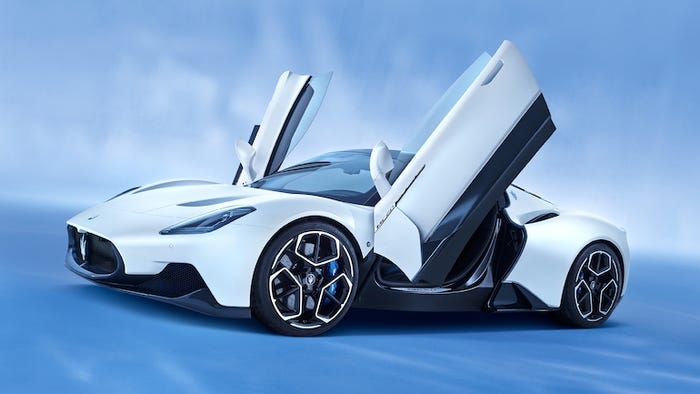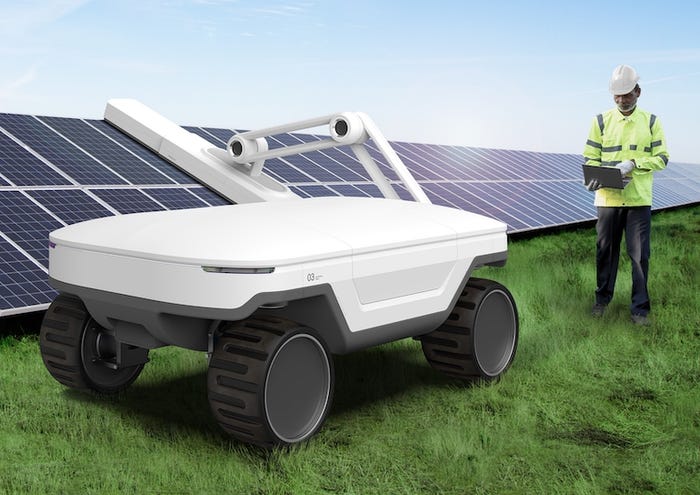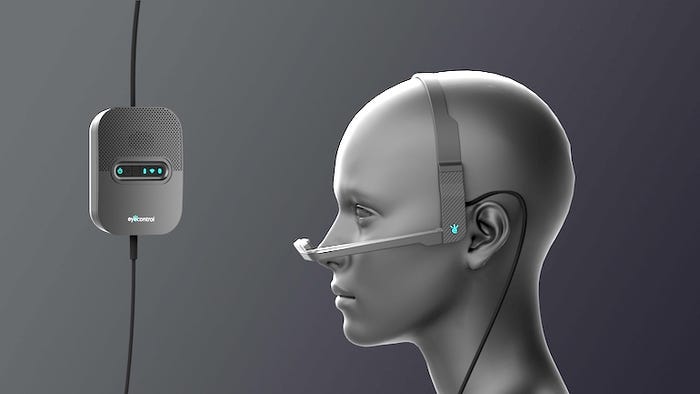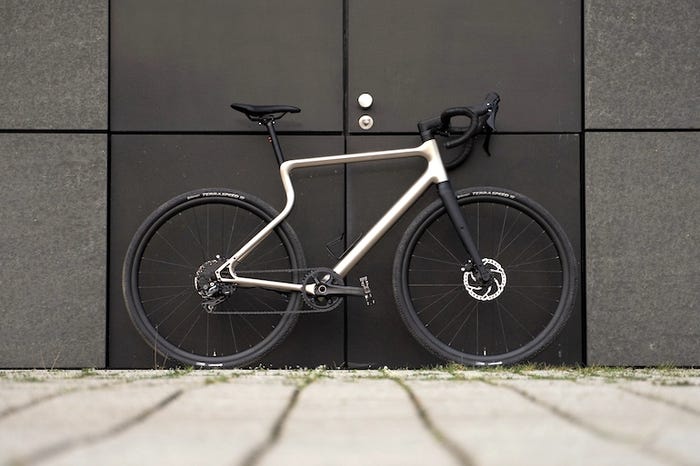How Remarkably Innovative Are Product Designers? Check Out the Best in Product Design
The European Product Design Award (ePDA) winners have just been announced and are worth checking out.
September 2, 2021

Some have said that today’s consumers buy the experience and not necessarily the product. For example, the smell of a pleasingly aromatic coffee would entice consumers to buy a particular coffee machine before they ever viewed the actual product.
However, the sense of smell is not yet an experience offered over the Internet. Instead, the visual experience reigns supreme. Perhaps that is why there is so much interest in product design and packaging advances.
Recognizing the efforts of talented international product designers has been the goal of the European Product Design (EPD) Award since the mid-1980s. The EPD awards go to individuals, teams, and companies with the best strategic thinking and imagination in product design.
The winners of this year’s awards have just been announced. The high level of innovation particularly struck the jurors in this year’s entries. From cars and 3D-printed bikes to communication systems and robots, winning designs offer solutions to contemporary problems while being timely, sustainable, and, most importantly, human-centered.
Award Winners
The jury panel once again evaluated thousands of design projects from around the world. Further, ePDA founder Hossein Farmani has reintroduced two additional and significant awards: the "Design for Humanity" and "Design Innovation of the Year" titles.
"Now more than ever, it is important that we honor and emphasize product design projects that help humanity move forward as well as those that revolutionize even the most everyday objects,” noted Farmani. “It was thrilling to see so many cutting-edge ideas from all over the world competing against each other, and I congratulate all the winners for their extraordinary works."
Product Design of the Year
The winner of the Product Design of the Year title was Maserati with its MC20 model, which combined the luxury, aerodynamics, and incredible power in one vehicle that brought the brand right back onto the Supercar scene. The design and patented engine were envisaged and created entirely in-house. The MC20 is a Maserati with exceptional aerodynamic efficiency.
Its pure looks conceal an uncompromisingly sporty soul, with the new 630 horsepower V6 Nettuno engine delivers 0-100 km/h acceleration in under 2,9''and a top speed over 325 km an hour. A patented, 100% Maserati engine is benefiting from the MTC technology.

Emerging Product Design of the Year
The Emerging Product Design of the Year title was awarded to Lennart Blatt studying at Hochschule Für Gestaltung Schwäbisch Gmünd, Germany, for providing a brilliant solution to the shortage of solar panel park technicians. Cortec is a service robot that helps with solar panel parks' most significant maintenance problems, saving time and expenses, enabling solar parks to produce up to 40% more energy.
The main part of the autonomous robot is the vehicle base, where tools for various tasks can be docked. The cleaning tool, in particular, offers enormous potential for cost and resource savings.

Design for Humanity and Design Innovation of the Year
The Design for Humanity and Design Innovation of the Year winners have also impressed the jury panel with their vision. EyeControl is a product designed in the service of humanity: locked-in patients who are aware of their surroundings but unable to move can now use this device to communicate through auto-generated speech that is entirely controlled by eye movements. The design created by Taga Team has three main functions: Alert Mode, Pre-Defined Phrases, and Customised Free Speech.
The system includes a head wearable device that contains a camera that monitors eye pupil movements. The second part of the system is the audio unit which functions as a speaker and plays the person's speech to his environment in optimal convenience and volume.

Design Innovation of the Year
The Design Innovation of the Year title was awarded to Urwahn Engineering GmbH in Germany for their Waldwiesel bicycle, the first 3D-printed E-Gravel bike. The innovation of this design lies in its exploitation of 3D printing, proving that high-quality product manufacturing can still be modernized and made more effective.
Paired up with numerous technical refinements, such as GPS tracking, integrated LED light units and even an inconspicuously integrated powerful electric drive, makes hunting through the woods with the Waldwiesel a visual and functional pleasure.

John Blyler is a Design News senior editor, covering the electronics and advanced manufacturing spaces. With a BS in Engineering Physics and an MS in Electrical Engineering, he has years of hardware-software-network systems experience as an editor and engineer within the advanced manufacturing, IoT and semiconductor industries. John has co-authored books related to system engineering and electronics for IEEE, Wiley, and Elsevier.
About the Author(s)
You May Also Like





